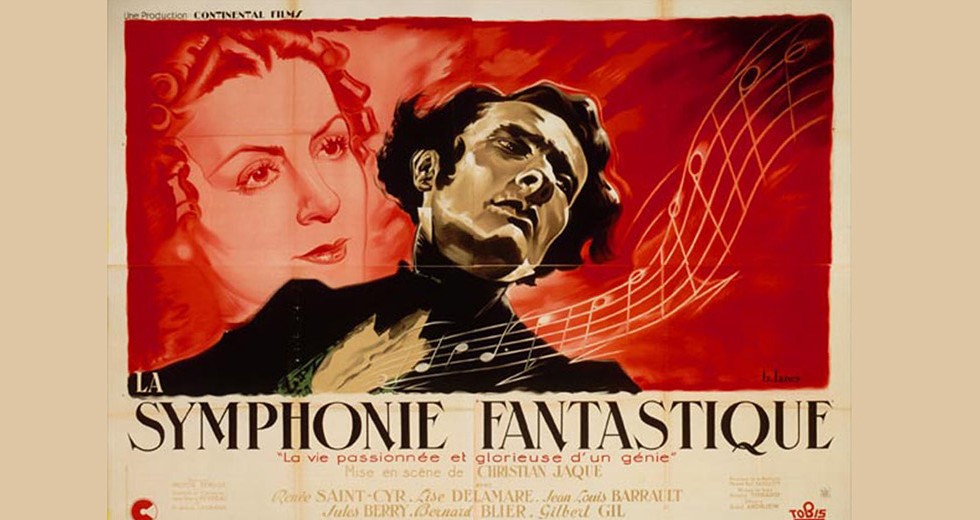
He’s young, not yet 30, and he’s in love. He leaves behind his fiancée to study abroad but soon receives a letter from her mother. It’s over. His love has decided to marry another. Enraged, the young man heads home. But before he does, he buys a dress, a wig and a hat with a veil and steals a pair of double-barreled pistols. He plans to show up at his ex’s in disguise, gain entry to her house, and then shoot her, her mother and the new man in her life. With the one shot left in the double-barred pistols, he figures to kill himself. Just in case the pistol jams, he takes along strychnine.
Fortunately the young man comes to his senses and abandons his plans.
It sounds like something from a Hollywood screenplay, but it’s not. It’s an episode from the life of Hector Berlioz, the most original composer of the Romantic movement.
From the start, Berlioz followed a different path. He never studied piano (his instruments were guitar and flute), and unlike so many great composers, he was never a child prodigy.
Born in 1803, near Grenoble, he was the son of a physician who was a non-believer. Hector’s mother, however, was a pious Catholic. His father enrolled him in a Paris medical school but after only a year, Berlioz left to study music at the Paris Conservatory.
He wrote his Symphonie fantastique in his 20s and saw it performed in December 1830. And what a work; it called for the largest orchestra to be used up until that time (Mahler wouldn’t be born for another 30 years). It consists of five movements, and along with super-sized string sections, a full complement of brass and percussion, it uses two tubas. It is unlike anything that came before it.
The result is program music with a highly personal program. A young and sensitive artist (Berlioz), in a haze of opium, experiences various visions including “The March to the Scaffold” (fourth movement) and “Dreams of a Witches Sabbath” (fifth movement). It’s a sprawling, phantasmagorical journey so unlike the well-ordered worlds of Haydn, Mozart and Beethoven. With this work, Berlioz stepped out of the mainstream of European symphonic writing to create something entirely new, which set the stage for Wagner, Mahler and Strauss.
And he did all this less than four years after Beethoven’s death.
Chicago-based writer Jack Zimmerman has authored a couple of novels, countless newspaper columns and was the 2012 recipient of the Helen Coburn Meier and Tim Meier Arts Achievement Award. He currently works as subscriber relations manager for Lyric Opera of Chicago.
ABOVE: A poster from the French film “La symphonie fantastique” (1942), directed by Christian-Jacque and starring acclaimed French stage actor Jean-Louis Barrault as Berlioz.